Get Water Quality Testing in Denver, CO
Water quality testing services help Denver-area property owners identify contaminants, assess water safety, and ensure compliance through inspections and sampling by trusted local contractors.
Property owners in Denver, CO, who are considering water quality testing often seek reliable solutions to ensure their water is safe and meets health standards. Whether preparing for a home renovation, addressing concerns about tap water, or planning a new construction project, understanding the quality of your water supply is an important step. Local contractors specializing in water testing can provide the insights needed to make informed decisions, helping property owners compare options and select the right services for their specific needs.
Exploring water quality testing services in the Denver area offers practical benefits for those wanting to verify water safety or identify potential contaminants. Connecting with experienced service providers allows property owners to gather detailed information about their water sources and plan appropriate actions. Keep reading to discover how local contractors can assist in evaluating water quality and supporting your property's health and safety needs.
- Water Quality Testing - when residents notice unusual tastes, odors, or discoloration in their tap water.
- Well Water Testing - for homeowners in rural neighborhoods around Denver, CO, experiencing changes in water clarity or smell.
- Pre-Construction Water Testing - prior to new property development or remodeling projects in neighborhoods like Capitol Hill or Cherry Creek.
- Contamination Detection - if there are concerns about potential pollutants or chemical spills affecting local water sources.
- Routine Water Quality Checks - for maintaining safety and compliance in residential or commercial properties in Denver and nearby areas.
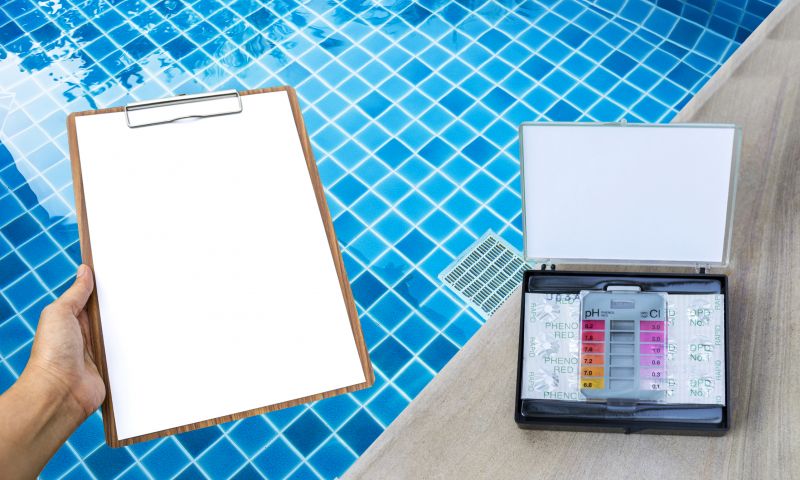
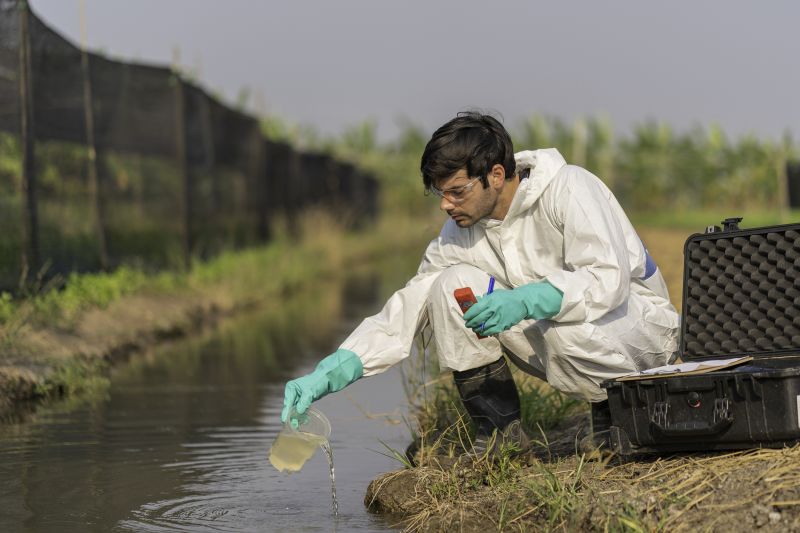
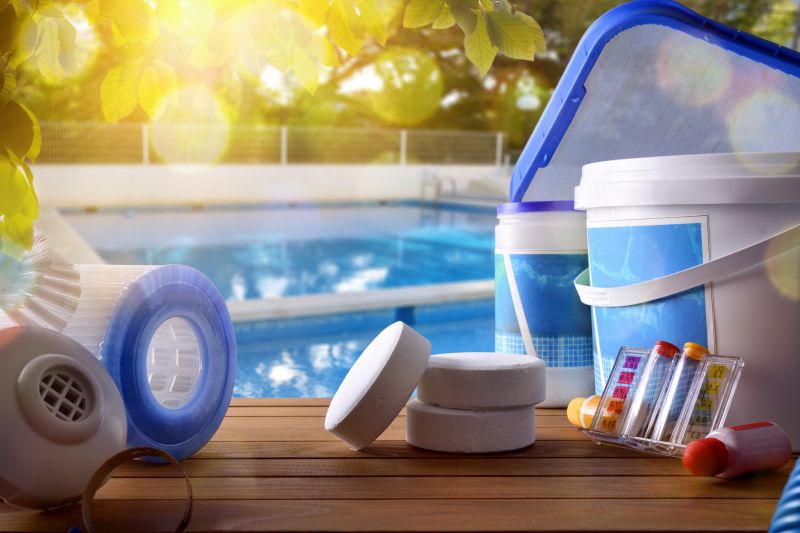
Water quality testing services involve analyzing a home's water supply to identify potential contaminants and ensure it meets safety standards. These tests typically check for common pollutants such as bacteria, nitrates, heavy metals, chlorine levels, pH balance, and other substances that could affect health or cause water to taste or smell unusual. By conducting comprehensive testing, homeowners can gain a clear understanding of their water's condition and determine if it is safe for everyday use, including drinking, cooking, and bathing. Local contractors specializing in water testing use specialized equipment and procedures to provide accurate results and help identify any issues that may require further treatment or remediation.
This service is particularly valuable for addressing problems like foul odors, discoloration, or a sudden change in water taste, which can signal contamination or other water quality issues. It can also help detect the presence of bacteria or other harmful microorganisms that pose health risks. Additionally, water testing can uncover the presence of harmful chemicals or metals that may accumulate over time, especially in homes with private wells or aging plumbing systems. Regular testing is recommended for homeowners who notice changes in water quality or who want to ensure their water remains safe and clean, providing peace of mind for daily household use.
Properties that typically utilize water quality testing include private residences, especially those relying on well water, as well as rental homes and multi-unit buildings. Homes in rural or semi-rural areas often depend on private wells, which are more susceptible to contamination from natural sources or surface runoff. Property owners with aging plumbing infrastructure may also benefit from testing to identify potential lead or other metal leaching. Commercial properties such as restaurants, daycare centers, or health clinics that require high-quality water for their operations also commonly use water testing services. Overall, any property that relies on a private or non-municipal water source can benefit from periodic testing to maintain water safety and quality.
Homeowners should consider water quality testing if they experience symptoms like unusual taste, odor, or discoloration in their water, or if they are concerned about potential contaminants. It is also advisable before installing new appliances or plumbing fixtures that could be affected by mineral buildup or corrosion. Regular testing can help detect issues early, preventing costly repairs or health concerns down the line. Local service providers offer a range of testing options tailored to different needs, making it easier for homeowners to identify problems and decide on appropriate treatment solutions. Contacting local contractors can help determine the right testing plan based on the property's specific water source and usage.
The overview below groups typical Water Quality Testing projects into broad ranges so you can see how smaller, mid-sized, and larger jobs often compare in Denver, CO.
In many markets, a large share of routine jobs stays in the lower and middle ranges, while only a smaller percentage of projects moves into the highest bands when the work is more complex or site conditions are harder than average.
Basic Water Testing - For routine water quality tests, local contractors typically charge between $100 and $300. Most small-scale testing falls within this range, covering common contaminants and water parameters.
Comprehensive Water Analysis - More detailed testing, including multiple contaminants and advanced analysis, usually costs between $300 and $600. These projects are common for homeowners seeking thorough assessments of their water sources.
System Repairs and Maintenance - Repairing or maintaining existing water treatment systems generally ranges from $250 to $1,000, depending on the complexity. Many routine repairs land in the middle of this spectrum, while larger issues can push costs higher.
Full System Replacement - Replacing an entire water filtration or treatment system can cost from $1,500 to over $5,000 for larger, more complex setups. Fewer projects reach the highest tiers, which are typically reserved for extensive or custom installations.
Actual totals will depend on details like access to the work area, the scope of the project, and the materials selected, so use these as general starting points rather than exact figures.
Water Sampling Projects - local contractors perform water sampling to assess quality levels, requiring similar planning and testing procedures as water quality testing services.
Environmental Monitoring Projects - these projects involve collecting and analyzing water samples to monitor pollutants, utilizing comparable tools and sampling techniques.
Water Treatment System Installations - installing and maintaining water treatment systems involves understanding water chemistry and testing results, aligning with water quality assessment skills.
Well Water Testing Services - professionals conduct testing of well water sources to identify contaminants, sharing similar sampling and analysis methods used in water testing services.
Industrial Water Analysis Projects - these projects focus on analyzing water used in industrial processes, requiring precise testing and data interpretation similar to residential water quality testing.
Water Filtration System Evaluations - evaluating and recommending filtration solutions involves testing water quality parameters, making use of comparable testing techniques and planning skills.
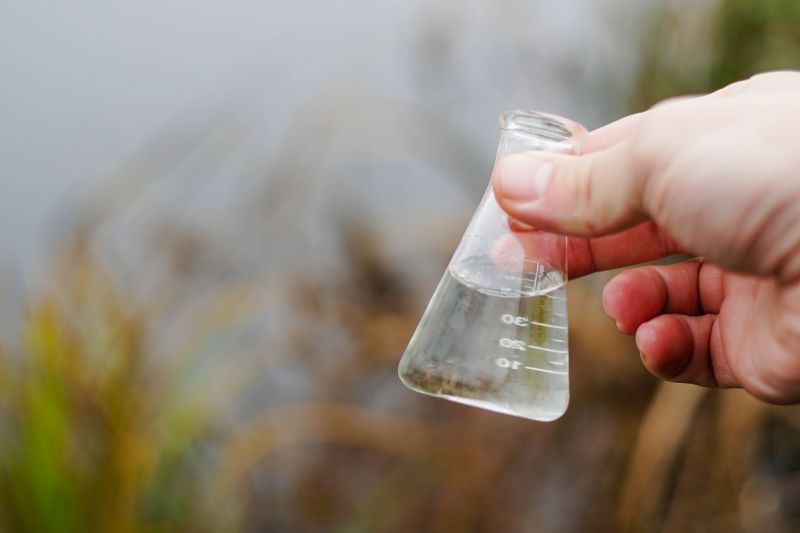
When selecting a water quality testing service provider in Denver or nearby areas, it’s important to consider their experience with similar projects. Homeowners should look for local contractors who have a proven track record of handling water testing in residential settings, particularly those familiar with the specific water sources and common issues in the region. An experienced service provider will understand the nuances of local water quality concerns and be better equipped to recommend appropriate testing methods and solutions, ensuring the results are accurate and relevant to the household’s needs.
Clear, written expectations are essential for a smooth and transparent process. Homeowners should seek out local providers who can articulate what the testing will involve, what types of contaminants or issues will be checked, and how the results will be delivered. Having detailed information upfront helps prevent misunderstandings and ensures everyone is aligned on the scope of work. Reputable service providers will be transparent about their procedures and provide written estimates or descriptions that clarify what the testing includes, giving homeowners confidence in the process.
Good communication and reputable references are key indicators of a reliable service provider. Homeowners should inquire about the provider’s reputation within the community and seek references or reviews from previous clients who had similar water testing needs. An approachable, responsive contractor who communicates clearly can make the process easier and more comfortable. While the site introduces homeowners to local options, it’s important to remember that the actual testing work will be performed by trusted local contractors. Evaluating these aspects can help ensure that the chosen provider is capable, professional, and aligned with the homeowner’s expectations.
Property owners in Denver, CO use Water Quality Testing services for practical projects around their homes and businesses. This guide focuses on everyday jobs and straightforward project options.
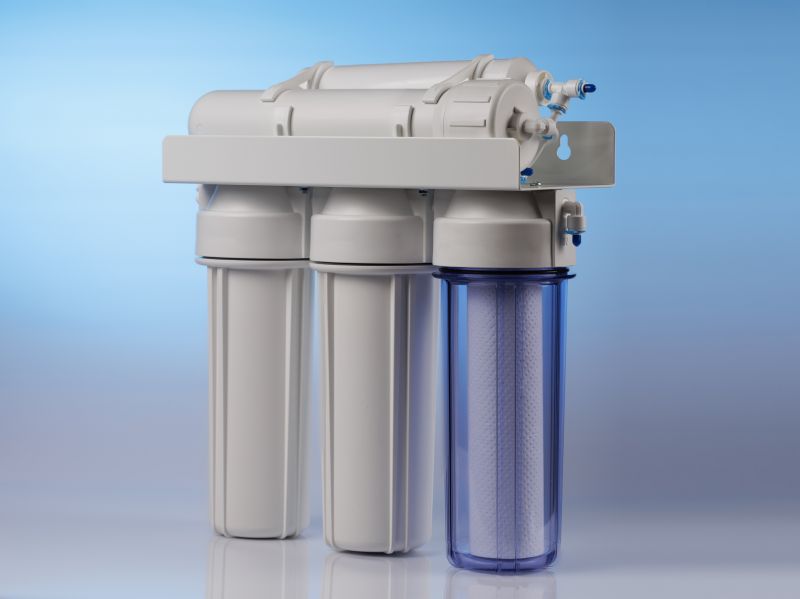
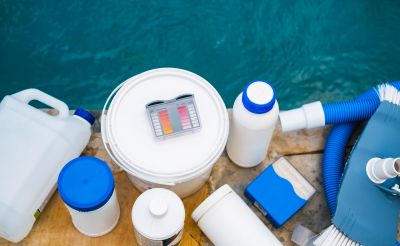
Water quality testing services are often sought after by property owners in Denver, CO who notice changes in their tap water, such as unusual odors, tastes, or discoloration. Homeowners may also consider testing when planning a renovation or installing new appliances that require clean water, ensuring their water source meets safety standards. Additionally, those experiencing health concerns or suspecting contamination from nearby industrial activity or aging infrastructure might look for local contractors capable of providing accurate water analysis to identify potential issues.
Property owners might also seek water testing when purchasing a new home or property to verify water safety before moving in. Rural or semi-rural residents, who rely on well water, often need regular testing to monitor for contaminants like nitrates or bacteria. In Denver’s diverse neighborhoods, local service providers can assist with these everyday situations, helping residents maintain safe, quality water for their households and ensuring peace of mind about their water supply.
What is water quality testing? Water quality testing involves analyzing water samples to identify contaminants, minerals, and other substances that may affect its safety and taste.
Why should I test my water? Testing helps determine if your water contains pollutants or impurities that could impact health or taste, guiding you to appropriate treatment options.
How do local service providers perform water testing? Local contractors typically collect water samples from your property and analyze them using specialized testing methods to identify any issues.
What types of water tests are available? There are various tests for bacteria, heavy metals, pH levels, minerals, and chemical contaminants, depending on your concerns.
Can water testing identify all potential water quality issues? While testing can detect many common contaminants, some issues may require specific tests or ongoing monitoring by local professionals.
Water Safety Assessment - Property owners can use testing services to ensure their water supply is safe for daily use and consumption.
Well Water Testing - Homeowners with private wells can verify water quality and identify potential contaminants that may affect health.
Municipal Water Quality Checks - Residents can confirm that their tap water meets safety standards and identify any issues needing attention.
Custom Water Analysis - Property managers can request specific tests to evaluate water for particular pollutants or mineral levels relevant to their property.

If you are thinking about Water Quality Testing for a property in Denver, CO, this guide is meant to help you understand the work, the typical project types, and how different options might fit your plans.
When you are ready, you can use the quote form on this page to share a few details about your project. From there, local pros can review the basics and respond with options that match what you have in mind.


